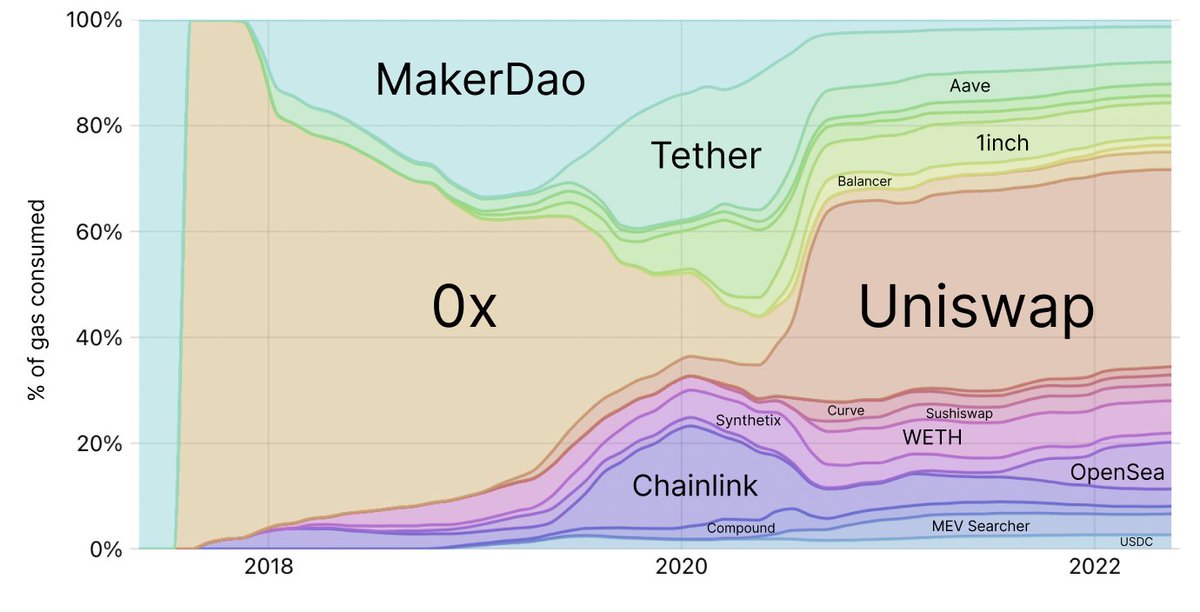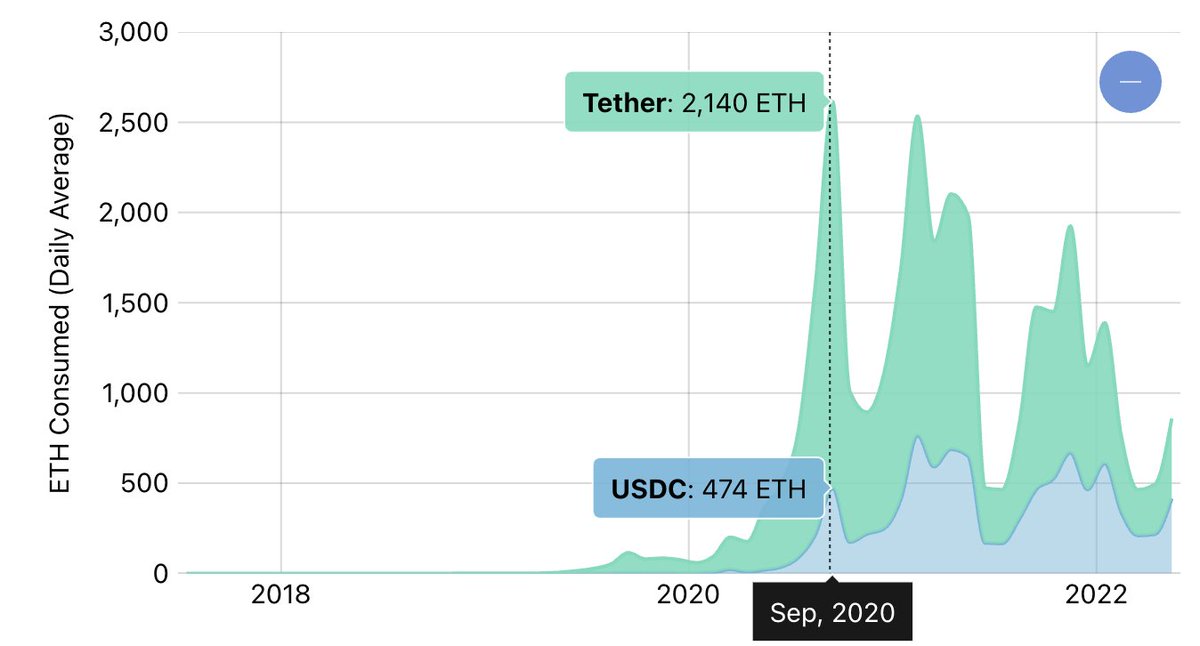I’m launching Topology, an early-stage venture firm dedicated to frontier technology. We've raised an oversubscribed $75M Fund 1.
Topology backs founders who put everything on the line to bend the arc of human progress.
Meet us at the edge.
@topology_vc
Topology backs founders who put everything on the line to bend the arc of human progress.
Meet us at the edge.
@topology_vc
For the past 8 years, I’ve been investing in frontier tech: brain computer interfaces, agents, distributed compute, decentralized protocols, semiconductors, new cities, thought decoding etc.
Topology brings institutional scale to this style of investing.
topology.vc
Topology brings institutional scale to this style of investing.
topology.vc
We are backed by the co-founder of OpenAI, managing partner of Bessemer, author of GPT4, Marc Andreessen, Chris Dixon, Accolade, Cendana, and many other top tier builders, organizations, and endowments.
We've been deploying in stealth for 7 months now. Our founders have already received follow-on investment from folks like Founders Fund, a16z, and the founders of OpenAI & Meta AI.
A bit about me:
I started contributing to open source as an anon when I was 15 y/o.
I mined crypto while in school and began angel investing with those profits. I became an engineer at Google and moonlit at Bessemer part-time, helping on deals from crypto to quantum.
I started contributing to open source as an anon when I was 15 y/o.
I mined crypto while in school and began angel investing with those profits. I became an engineer at Google and moonlit at Bessemer part-time, helping on deals from crypto to quantum.
Investing was a way to build more. At a time when AI couldn’t write code, there was only so much one dev could do.
Since I couldn’t control the Caseys in the multiverse, investing was my way to scale impact.
Since I couldn’t control the Caseys in the multiverse, investing was my way to scale impact.
Fast forward a few yrs, I went to study neuroengineering at Harvard but dropped out to go all in on frontier investing and joined Paradigm.
I developed a reputation as an investor who will always roll up their sleeves and burn the midnight oil when founders need help.
I developed a reputation as an investor who will always roll up their sleeves and burn the midnight oil when founders need help.
I believe the best founders exist outside of society's Overton window. They are maniacally focused, ship at uncanny speeds, and are a magnet for other brilliant executors.
They think about their companies to a troubling degree.
They think about their companies to a troubling degree.
But since great founders are thinking about their companies, who is left to think about the founder?
We are. Ask them.
I’ve been mistaken as an employee on portfolio company eng teams, pulled countless all-nighters to support launches, and hopped on planes to close customers.
We are. Ask them.
I’ve been mistaken as an employee on portfolio company eng teams, pulled countless all-nighters to support launches, and hopped on planes to close customers.
Our core thesis: In an era where tech is accelerating at record speed, being deeply technical is crucial for partnering with & enabling the best founders.
This thesis permeates every aspect of our firm—our 2nd hire was a cracked eng & we're known to slide into your Github DMs.
This thesis permeates every aspect of our firm—our 2nd hire was a cracked eng & we're known to slide into your Github DMs.
As someone who has always had more internet friends than 3D ones, DM me if you're building at the frontier and want to talk.
See you at the edge.
See you at the edge.
Finally, I want to give a heartfelt thank you to @ethankurz (former manager at BVP) for teaching me the fundamentals of investing, and to @enjalot (former manager at Google) for pulling me deeper into machine learning. I’m so grateful to have them by my side in this new chapter.
• • •
Missing some Tweet in this thread? You can try to
force a refresh









